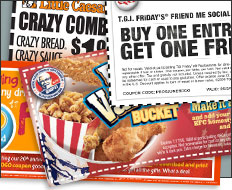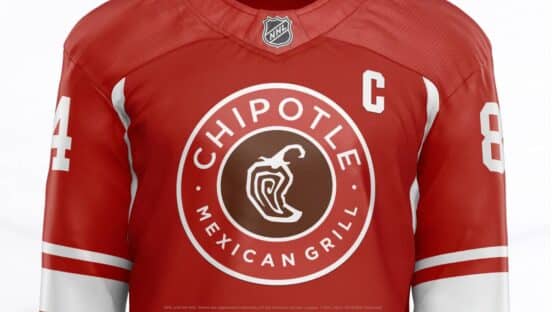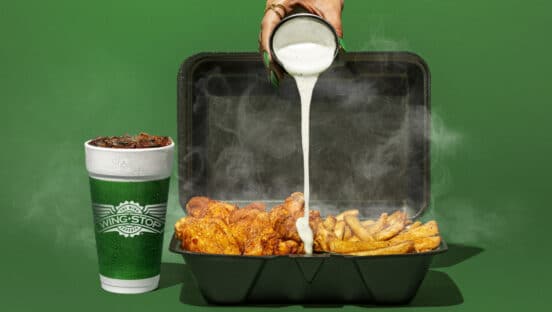Gallup recently reported on the nation’s new normal patterns. According to the findings on Feb 25, 2010, a majority of Americans are spending less than they have in the past, with 62 percent enjoying saving more than spending. This points to a long and slow recovery. Fast-casual operators, however, can still thrive in this environment by focusing on the long-term future of their brands instead of the quick dollar.
First of all, it is my firm belief that those of us in fast casual should avoid long-term discounting. I am perfectly happy to let quick service, casual dining, and fine dining fight it out using these tactics since they’ll be reminding consumers why fast-casual restaurants have such a compelling value proposition.
Quick-service operators play a game of counting seconds as they are tied to the large percentage of customers who use their drive-thru windows. By design, they also most compete at the low end of the price range. Discounting works for them in a tough economy, although I am sure Arby’s and others might wish they could discontinue the coupons they have been tied to for years. However, since they are already the low-cost providers, price promotions are unlikely to hurt their brands as they are simply providing what their customers want: a good deal.
Casual-dining operators sell at higher price points than both quick-serve and fast casual, but they are also trying to compete in the discounting game. As a restaurant professional with 20 years of experience, it is very hard for me to tell many of these concepts apart. If this is the case for me, I am certain that consumers have even less of an idea what differentiates these operations from each other.
Don’t get me wrong, there are many good operators and concepts in this segment, but there is also an over supply of very similar concepts. For months now, many of these chains have been pushing “Dinner for Two for $15” and other similar promotions. As these promotions become long-term tactics, consumers go from thinking that they’re getting a deal to wondering why meals at these places cost so darn much in the first place.
Short-term gains for getting more butts in the seats become long-term damage to the brand. Furthermore, this emphasizes the lack of past value in consumers’ minds.
Fine-dining restaurants and steak houses have been harder hit than most in the downturn. The demand for high-ticket business dinners and luxury meals has all but disappeared. They will also see the same impact from discounting in the long run. Many chains have been forced to offer bargain three course meals for what they used to sell just the protein.
While I felt like I was getting a deal when one chain first sold $100 in gift cards for $80 at my neighborhood warehouse store, I now feel like a sucker for paying those high prices. Now I make reservations for the bargain meal and head out to buy my discount gift cards afterwards. If it was just me, that would not be a problem. However, I met other customers doing the same thing recently.
In a move of true desperation, this same chain then gave me another discount coupon when I ate my meal. Of course, I did go to the restaurant twice so they benefited in the short term, but I am certain I won’t be going back in the future without this deal unless someone else is paying. Again discounting does irreparable harm to the brand.
As fast-casual operators, we operate in a sweet spot where we can provide great food in a nice atmosphere at a good price. We may not provide “a deal”, but we do provide true value that makes customers want to return. The customers trading down from casual dining and fast dining will definitely help us in the long term as some of those brands implode. In fact, it is easy for customers to do so as they feel they are not losing out or are gaining in terms of quality and experience.
While my company has made its share of mistakes in many areas, like most operators, I know we consistently provide a great product. Like many of the even more successful operators like Panera and Wildflower Bread Company, we have resisted discounting. These companies seen have seen positive same-store sales as a short-term result and will not see long-term damage to their brands regardless of whether consumer spending ever returns to prerecession levels.
If you are a fast-casual operator and feel you must discount in your market(s), stick to short term, seasonal discounts on high-margin items. As a mentor once told me: “never, ever @#$% on the brand, son.”











